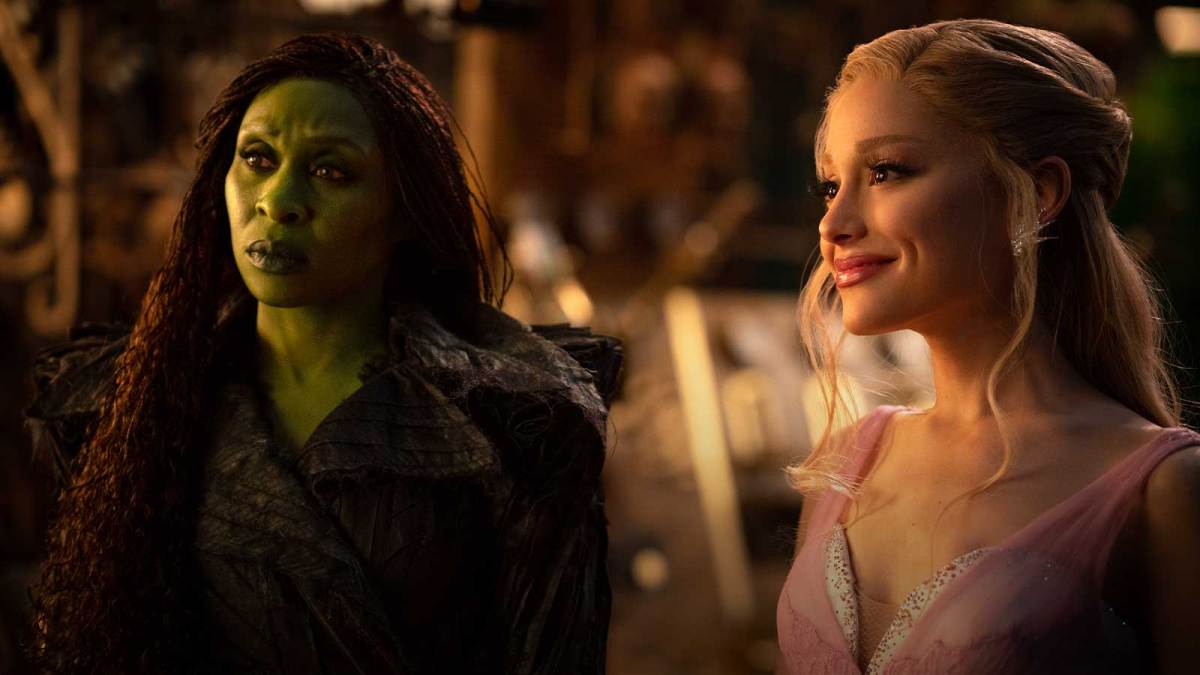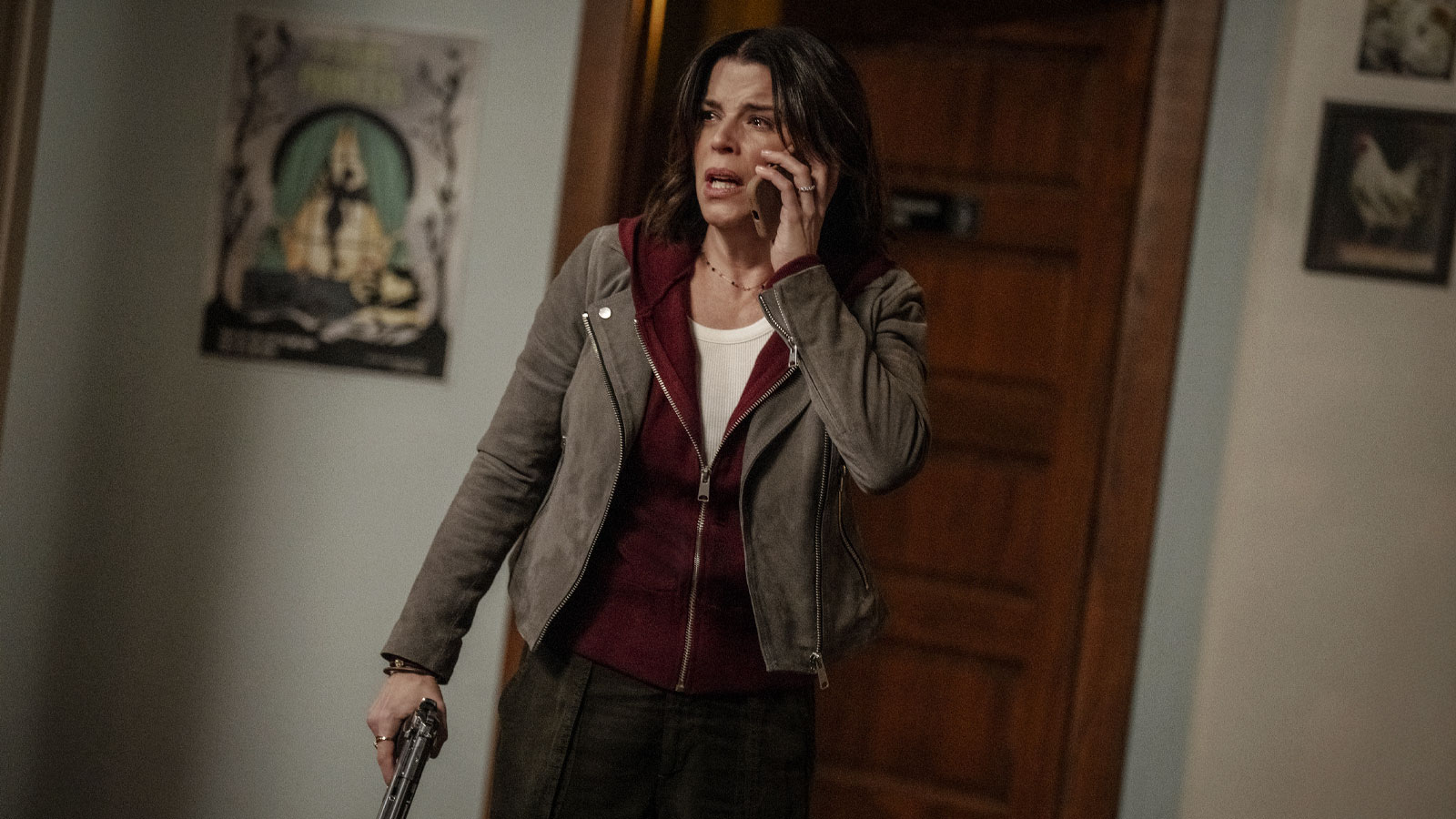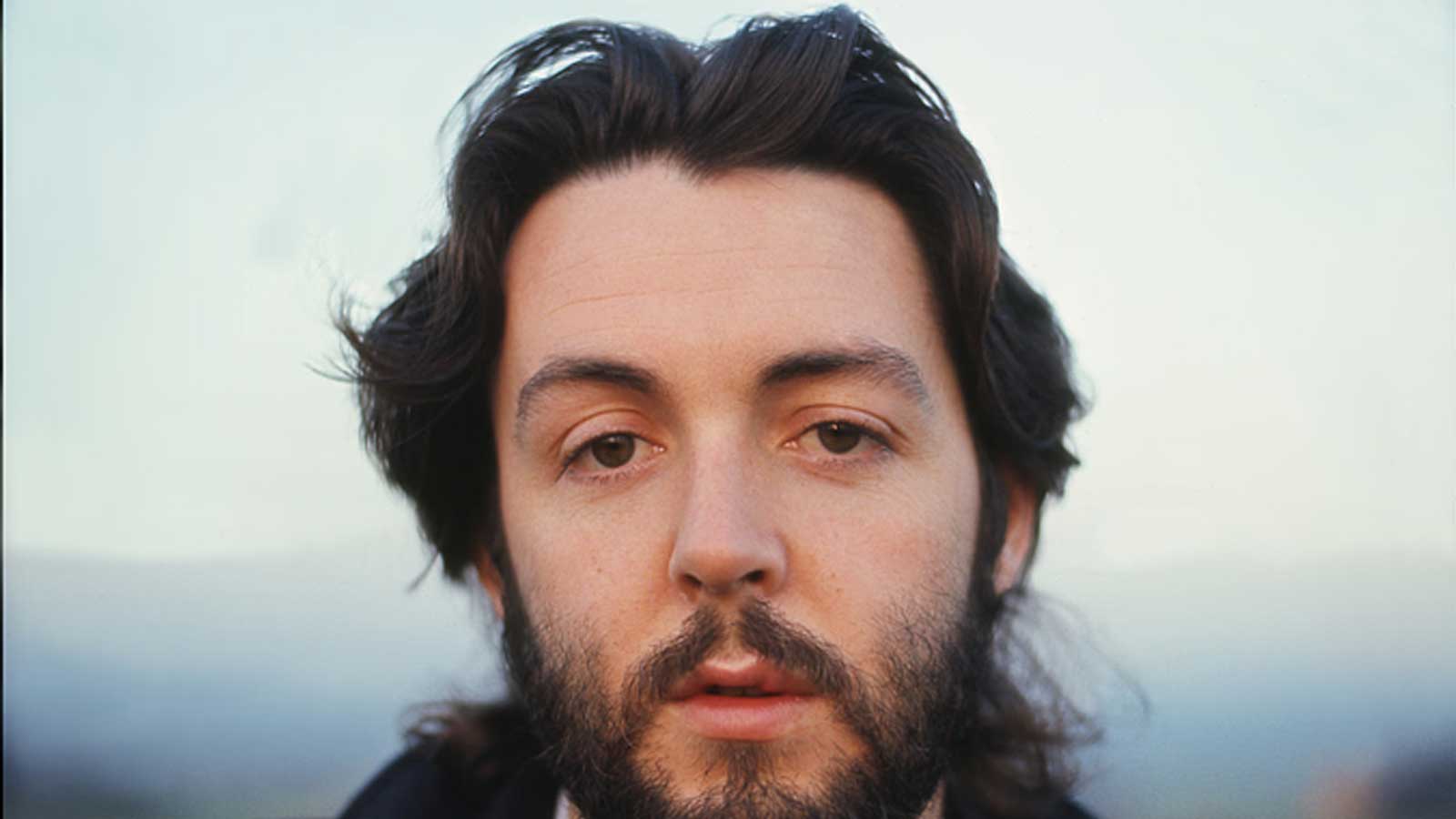After a year, Jon M. Chu's Wicked: For Good — the second part of his Ariana Grande-Butera and Cynthia Erivo-led adaptation of the iconic Broadway musical — is here, and it closes out the epic big-screen take on the source material.
While it's not all bad, Wicked: For Good is certainly not, well, good. It never soars to the heights of defying gravity — or, “defining gravity,” as the emcee said during his introduction before the press screening — and it fails to justify its existence.
Was a six-hour Wicked adaptation ever needed? Watching both parts back-to-back may change that opinion, but as standalone movies, Wicked: For Good feels especially bloated.
Wicked: For Good review — did we need a second movie?
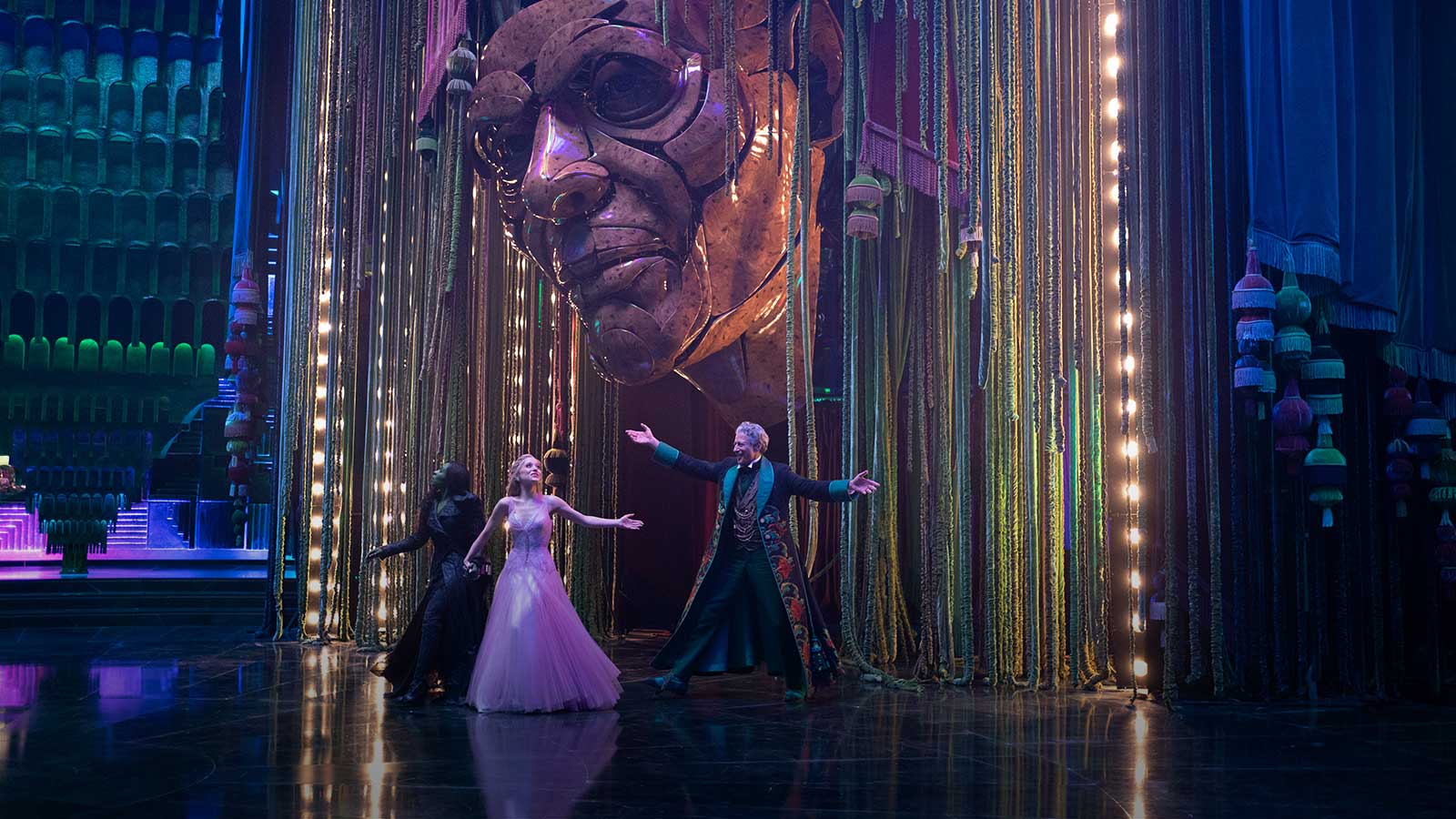
Part of the problem is Wicked's unavoidable tie to The Wizard of Oz. The original book is a glorified fan-fiction of The Wizard of Oz story, not necessarily the movie with Judy Garland.
However, given The Wizard of Oz movie's iconic status, it's inevitable that most associate the story with that adaptation. In turn, Wicked becomes somewhat of a prequel to that movie.
And yet, Chu made the bold decision to never show Dorothy's face in Wicked: For Good. On some level, this is understandable — you don't want the second Wicked movie to become a new take on The Wizard of Oz, despite how cool that'd be — but in turn, it appears Chu is almost scared to even resemble it at all.
That makes Wicked: For Good feel disjointed and rushed at times, even despite its 137-minute runtime. At the end of the day, the Wicked musical never fixates on its connection to The Wizard of Oz. It shows alternate outcomes of events people know and love from the 1939 movie, but it similarly never shows Dorothy or her quest.
The biggest difference, however, is that the second act of the musical is about an hour. Wicked: For Good doesn't have enough source material to naturally be nearly two and a half hours, and it shows.
What's it about?
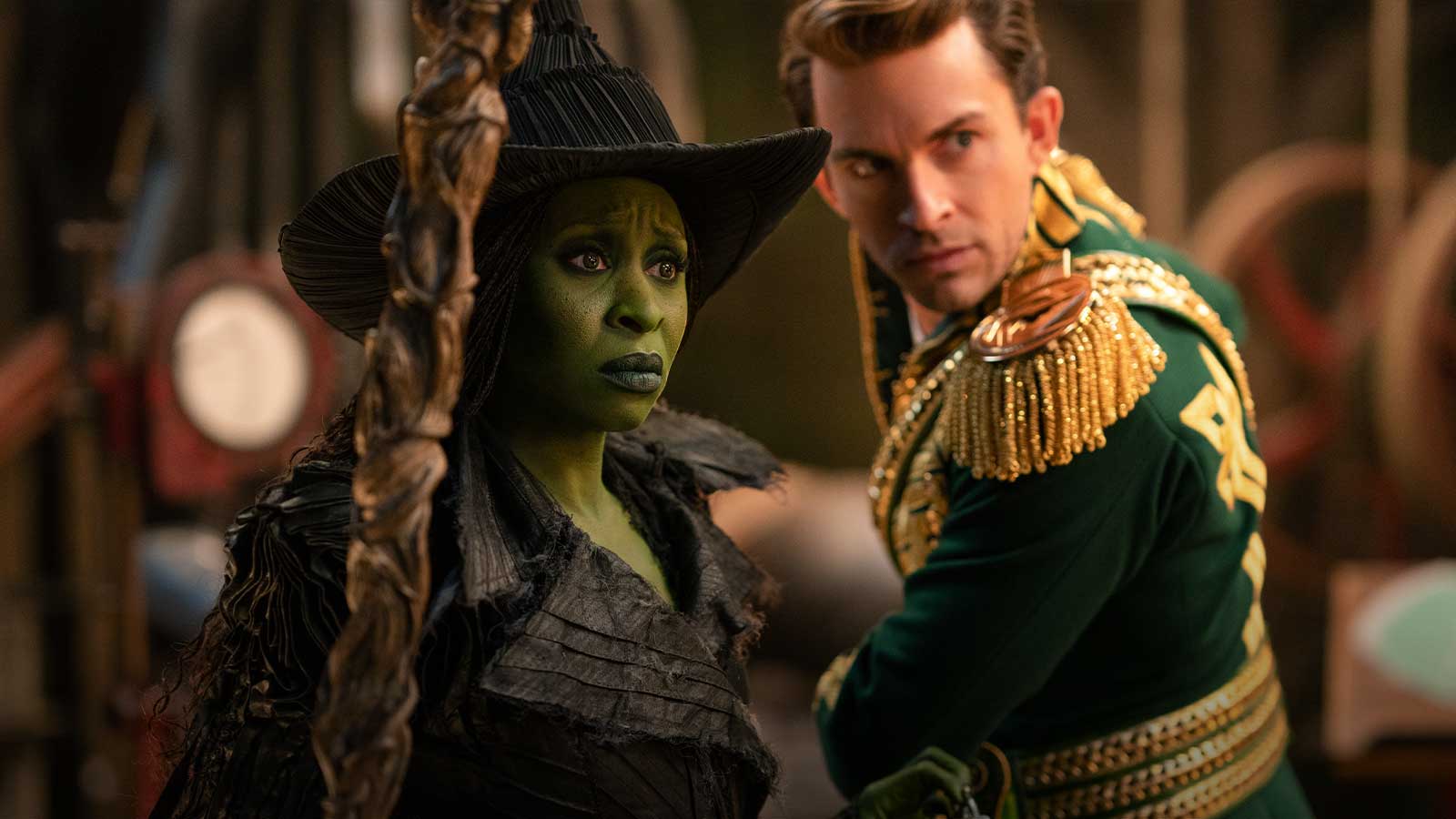
A few years after the events of Wicked, Elphaba (Cynthia Erivo) is still being hunted and billed as the “Wicked Witch of the West.” Meanwhile, Glinda (Ariana Grande-Butera) has become accustomed to her life as a public figure.
Despite what she may feel about Elphaba, she has an agenda to set. Some see through her facade, like Fiyero (Jonathan Bailey), while many others believe what she says, as Glinda offers the people of Oz hope.
Meanwhile, looming in the background is Dorothy's journey and the events of The Wizard of Oz. As is the case with the musical, the first act of Wicked was always stronger than the second — and not just because it ends with the triumphant “Defying Gravity.”
So, a second part was always going to have an uphill battle. How do you stretch a 60-minute second act into a full-fledged blockbuster movie?
The Wizard of Oz problem
Even if it clearly doesn't wish to be associated with The Wizard of Oz, Wicked: For Good is obligated to fill in the gaps. When looking at the story of Wicked, it's messy. Almost every important plot detail from The Wizard of Oz has to be addressed (like who the Tin Man and Scarecrow are).
Again, if you match this up with the 1939 movie, it doesn't make coherent sense. That's why it's important to think of Wicked as a prequel to the story of The Wonderful Wizard of Oz, not the 1939 movie.
Still, Chu and the writers (Winnie Holzman and Dana Fox) seemed unsure of how to handle the Emerald City-sized elephant in the room.
Of course, the writers understandably didn't want to step on the toes of Elphaba and Glinda's story. Leaning too much into The Wizard of Oz could lessen the impact of the Wicked story.
Dorothy's “journey”
However, there are shots of Dorothy and the gang where the iconic blue checkered dress is nowhere to be found. Instead, they awkwardly focus on the Tin Man, who fans of the musical know the identity of.
It makes sense that the Tin Man is somewhat of a focal point, but it feels strange. It's one thing to not show Dorothy's face, but undermining her story completely — especially when you have the runway to expand it — was a choice.
Another big flaw in Wicked: For Good goes hand-in-hand with The Wizard of Oz problem. While it has a 137-minute runtime, there are several instances of jarring cuts between scenes.
No one wants to see Glinda unnecessarily ride a horse for five minutes, but the jump between scenes makes it feel lazy and like the characters are teleporting.
There's no greater example of this than Dorothy's journey. She is shown leaving Munchkinland, and the next thing you know, she is standing before the Wizard (Jeff Goldblum).
Would it really undermine the Wicked story to see Dorothy and Co. walk down the yellow brick road for more than a second? And not showing Dorothy's face means scenes abruptly start showing her back.
It's just hard to imagine that there wasn't a better solution.
Ariana Grande-Butera and Cynthia Erivo still shine
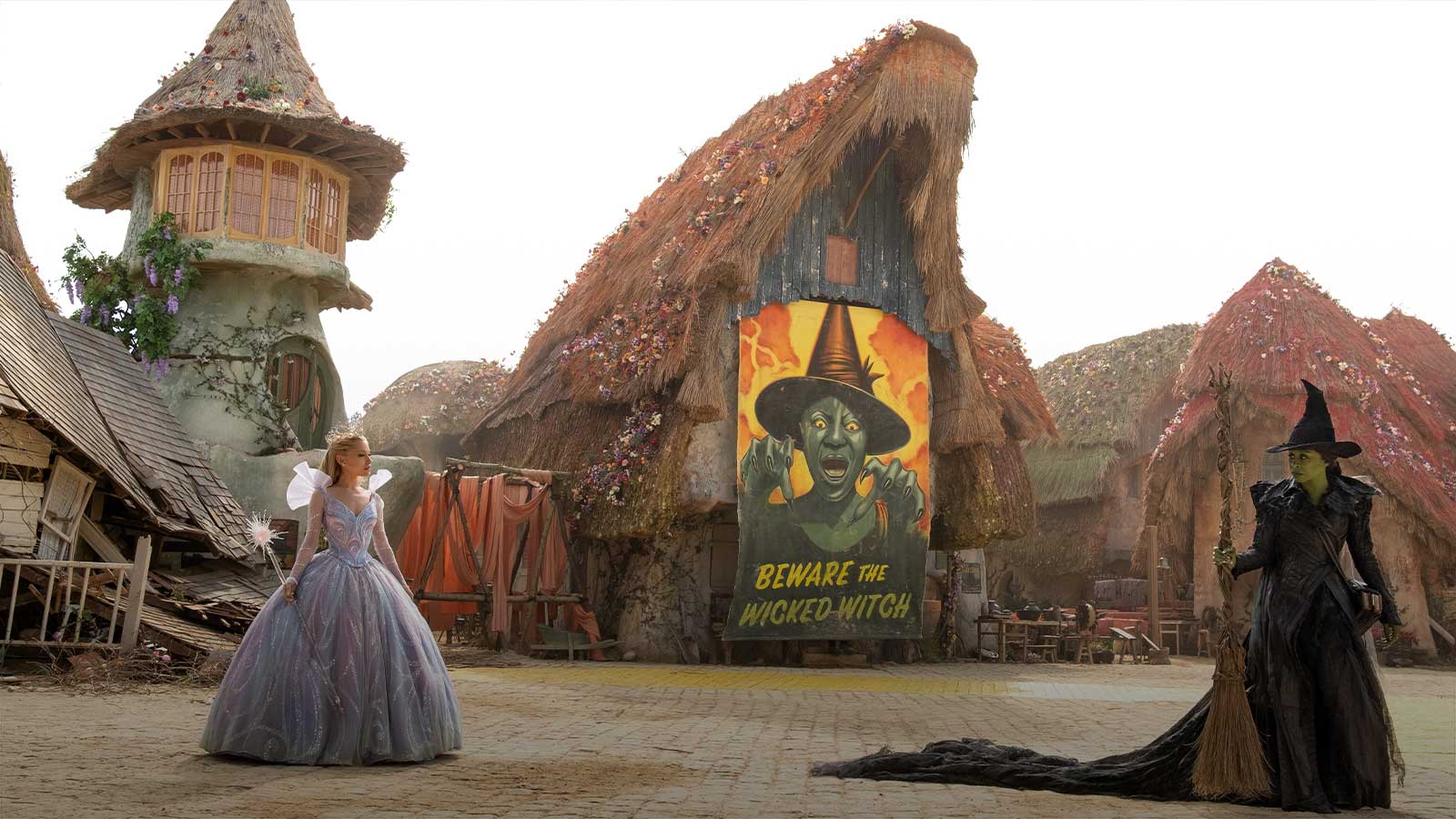
While Grande-Butera and Erivo don't get as many emotionally-heavy scenes in Wicked: For Good, they remain the anchors of the sequel.
They both embodied their characters in both movies. Grande-Butera had an especially tall task. Glinda is a role that can be easily mimicked, but it could become a caricature just as easily.
Grande-Butera effectively portrays how perceptive (and ditzy) Glinda can be. She's easily underestimated, but Grande-Butera has added layers over her six hours of screentime.
Erivo has one of the most powerful voices in Hollywood. Her musical talent is obvious, dating back to her Broadway days. She continues to evolve as an actress with her performance as Elphaba.
She is sorely missed in the first hour of Wicked: For Good. There are moments where the Wizard and Madame Morrible (Michelle Yeoh) manipulate the people of Oz with their fear-mongering, but Elphaba is largely absent from the first hour of the sequel.
Instead, she is hiding in the shadows, trying to make her message clear. Given the power that Wicked ends on with “Defying Gravity,” it would have been nice to pick up with her story more.
Jon M. Chu's direction
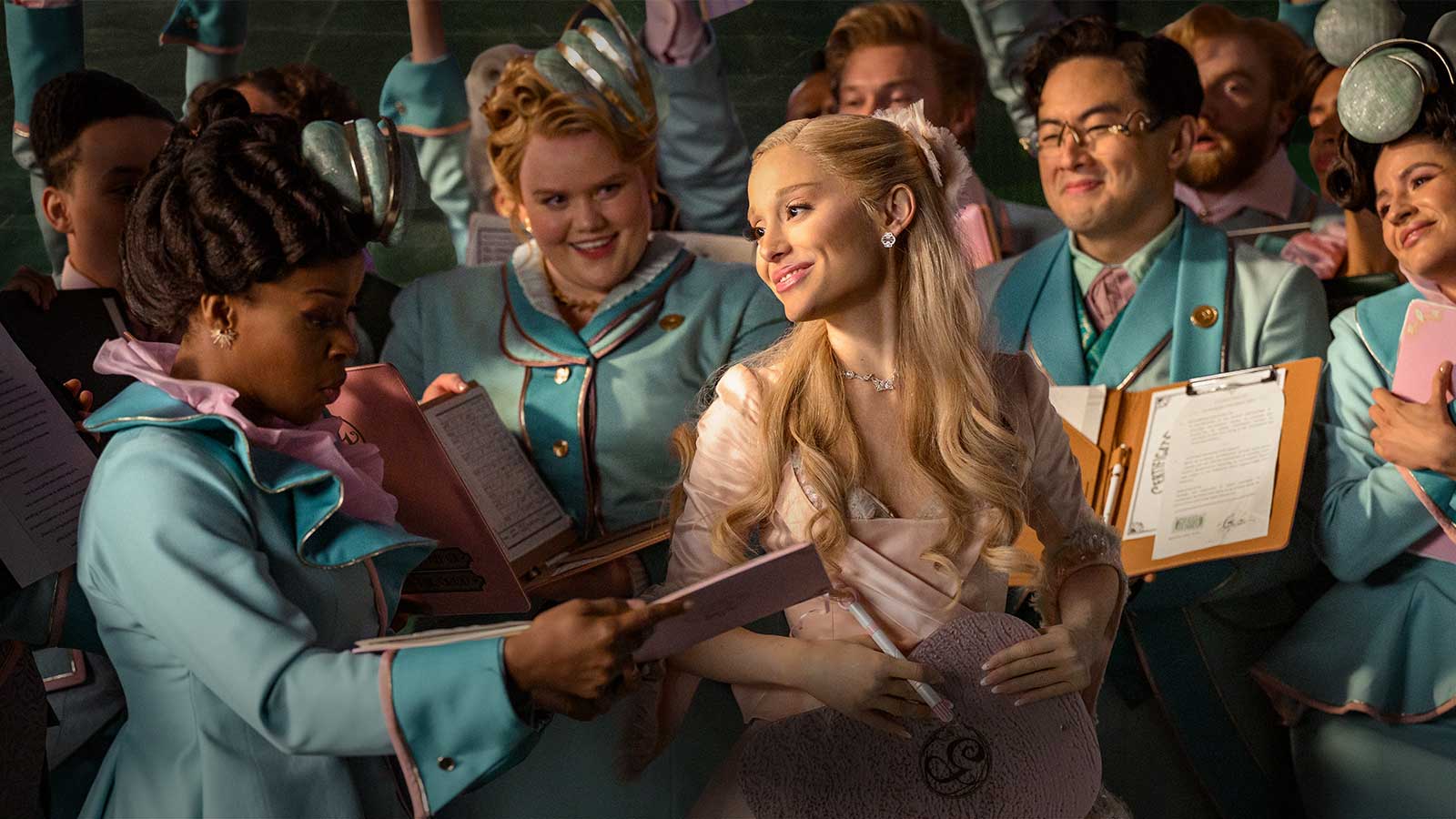
Wicked is an ensemble piece, and that's emphasized in the first movie. In the sequel, Goldblum and Bailey get more time to shine as the Wizard and Fiyero, respectively.
However, most of the rest of the ensemble feels like an afterthought. Yeoh — who was arguably miscast as Madame Morrible — probably gets the most important role in the second act. Others, like Boq (Ethan Slater), Nessarose (Marissa Bode), and Pfannee (Bowen Yang), stay in the background for the most part.
Yes, Wicked: For Good is about Glinda and Elphaba, but their story has been stretched across six hours. This opened the door for more screentime for other characters, but that's not the route Chu chose.
Like the first movie, Wicked: For Good lacks scope despite how big it is. There are times when the set pieces look epic, and others when they clearly were filmed on a soundstage.
Now, obviously, there is no Emerald City they could have shot the Wicked movies on. But the first movie especially struggled with feeling big outside of its soundstage sets. For as grand as the Emerald City and Shiz University are, it feels like that's the extent of Oz.
The sets looked good, but there's more beyond the gates of the school. Wicked: For Good does expand on the locations, but it lacks a punch. It's telling that the musical — which, like any stage production, leaves most to the imagination — feels bigger than the multi-million-dollar movies.
Should you watch Wicked: For Good?
Unfortunately, Wicked: For Good is a swing and a miss. Chu is a great director of musicals, but Wicked may have been too ambitious for him.
There was just no conviction in the second act of his story. That is especially important given how strong the story is in the first act.
Wicked: For Good had a simple mission: justify its existence. Is a six-hour, two-part adaptation of Wicked better than a three-and-a-half-hour movie? There's nothing unique about Wicked: For Good besides its musical numbers. The originals and those from the musical remain highlights, but it almost feels demeaning to say that the musical numbers are the best parts of a musical.
Wicked should be proud of its connection to The Wizard of Oz. The connection is part of its identity, and without it, there would be no Wicked. Instead, Wicked: For Good runs from it, going against the entire theme of the two movies.
Grade: C
Wicked: For Good will be released on Nov. 21.

